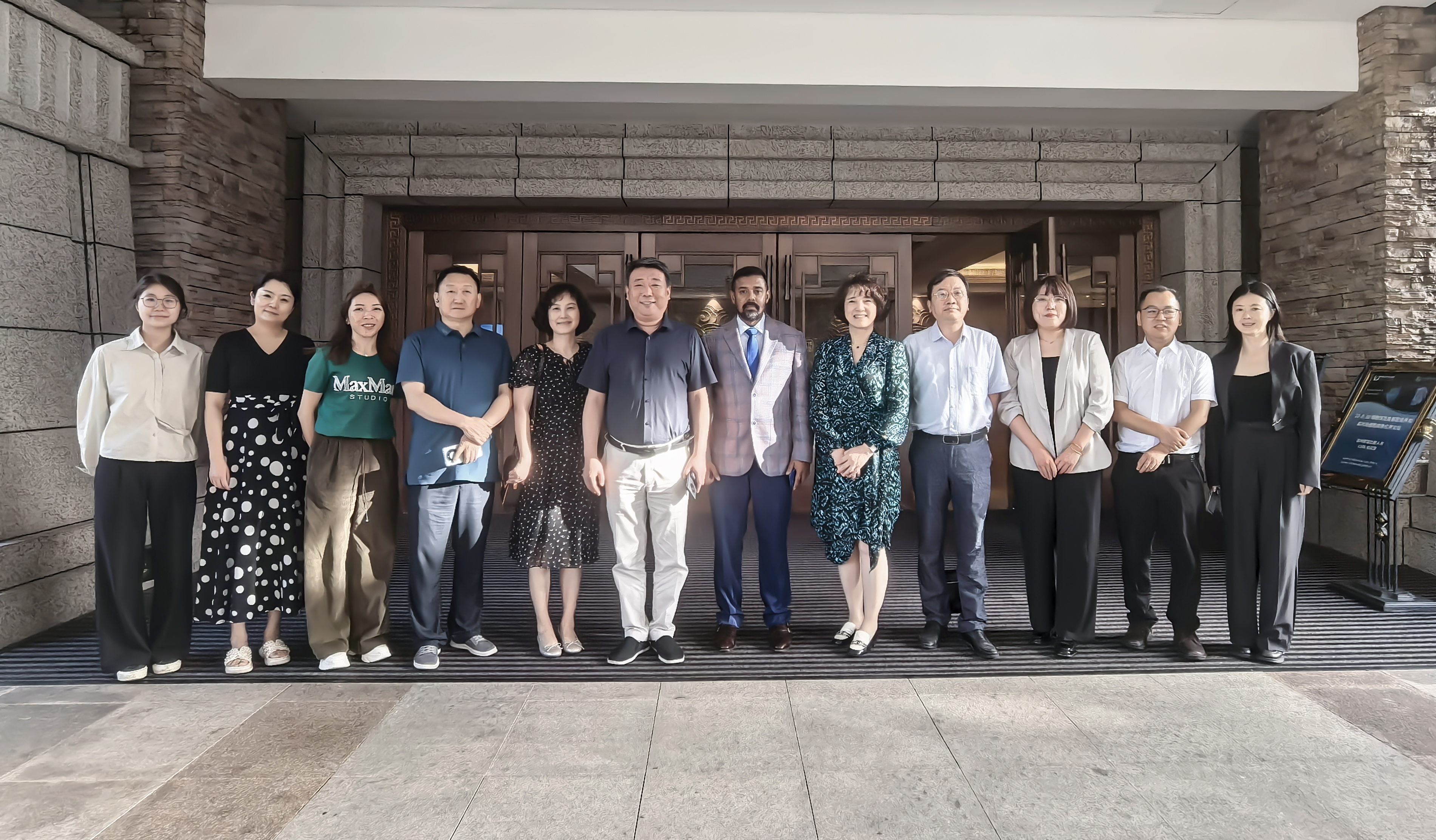
On May 22, 2025, the academic conference "Rooted in Classics, Inspiring Innovation", hosted by Zhonghuan Pharmaceuticals, was grandly held in Chongqing. The event gathered top hematologic oncology experts from tertiary hospitals in Chongqing, Guizhou, and Hunan for in-depth discussions on the latest advances in treating multiple myeloma and lymphoma. Through academic exchanges and thought-provoking debates, the conference reaffirmed the enduring clinical value of lenalidomide.
Mr. Satheeshkumar, General Manager of Dr. Reddy’s Greater China, attended as a special guest. Together with Zhonghuan Pharmaceuticals, he shared global best practices in standardized generic drug development, bringing new momentum to clinical treatment.
From Blockbuster Drug to Affordable Medicine: China's Pursuit of Healthcare Equity Through Generic Drug Practices
In recent years, China's hematologic oncology field has witnessed unprecedented technological innovation and clinical breakthroughs. From gene-editing technologies like CRISPR-Cas9 opening new pathways for precision-targeted therapy, to CAR-T cell therapy reshaping the treatment landscape for malignant blood disorders; from AI-driven molecular typing and prognostic prediction models, to next-generation bispecific antibodies and antibody-drug conjugates (ADCs), the wave of technological innovation is redefining the boundaries of hematologic oncology diagnosis and treatment. The integration of classical drug options with innovative therapeutic concepts has provided fresh perspectives for personalized treatment and overcoming drug resistance.
The conference commenced with an opening speech by Professor Liu Yao, Director of the Hematologic Oncology Center at Chongqing University Cancer Hospital. As the conference chair, Professor Liu highly commended Zhonghuan Pharmaceuticals' contributions to the industry. Through China's centralized procurement policy, Zhonghuan has introduced high-quality generic drugs such as LeAn JiRui® lenalidomide capsules to Chinese patients, enabling access to internationally standardized medications at less than 1/10th of the originator drug's price. From the era of "Dying to Survive"-style gray market channels to today's legalized imports, Zhonghuan Pharmaceuticals' collaboration with Dr. Reddy’s has not only reduced drug prices but also advanced the standardization and globalization of generic drugs through stringent quality control, setting a new benchmark for China's healthcare industry.
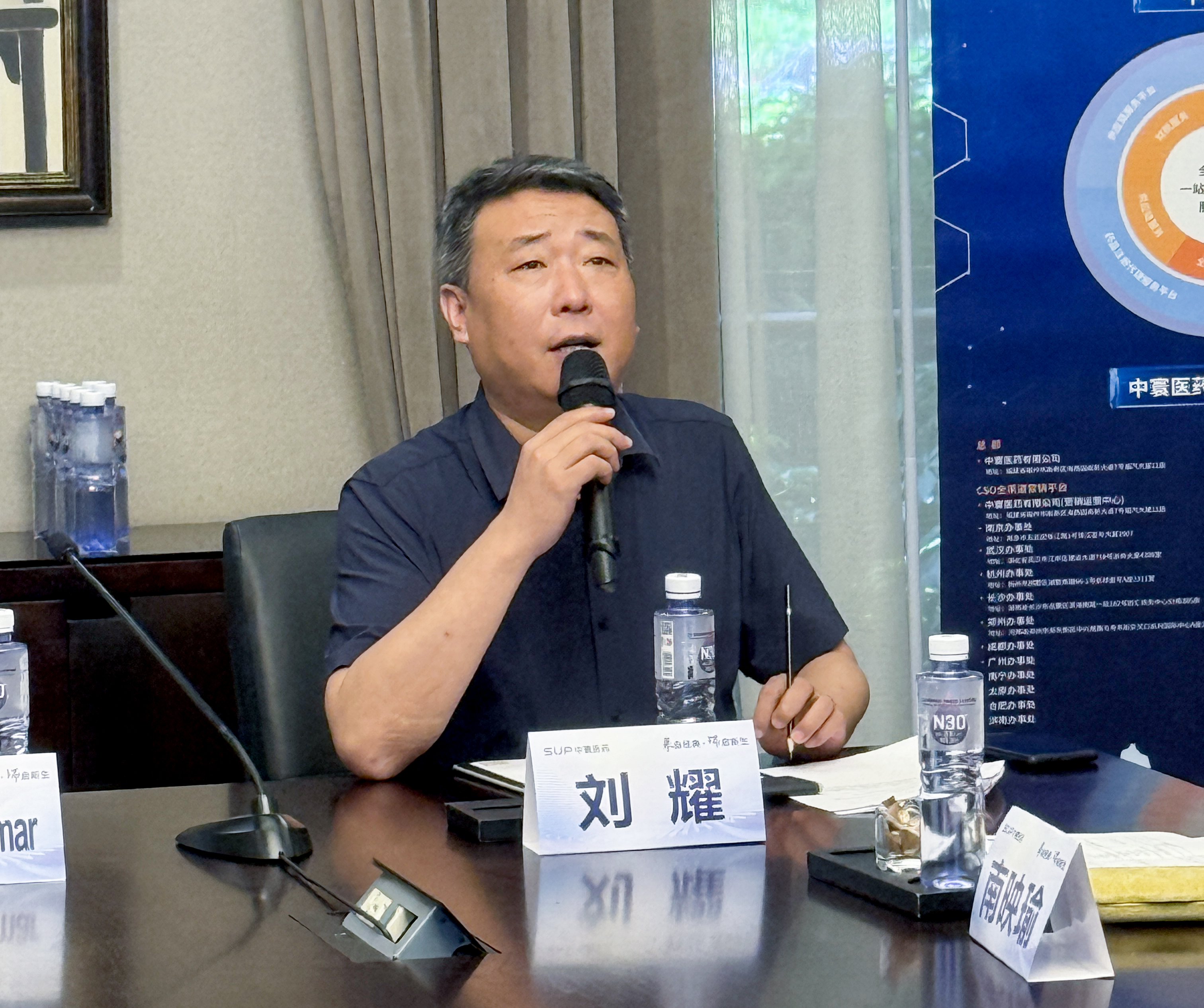
Mr. Satheeshkumar, General Manager of Dr. Reddy's Greater China, presented the company's global expertise. As a top 10 global generic pharmaceutical company with 40 years of specialization in generics, Dr. Reddy's derives 85% of its revenue from international markets, with all manufacturing facilities maintaining both FDA and EU certifications.
Dr. Reddy's has achieved two landmark firsts in the Chinese market:
First Indian pharmaceutical company to obtain approval for oncology generics in China
First multinational generic drug manufacturer to succeed in China's national volume-based procurement program
Mr. Satheeshkumar stressed that the collaboration with Zhonghuan Pharmaceuticals transcends mere drug supply - it embodies the transfer of technological expertise, quality assurance and regulatory compliance. "In healthcare, there's no time to wait," he concluded, underscoring the urgency of their mission.
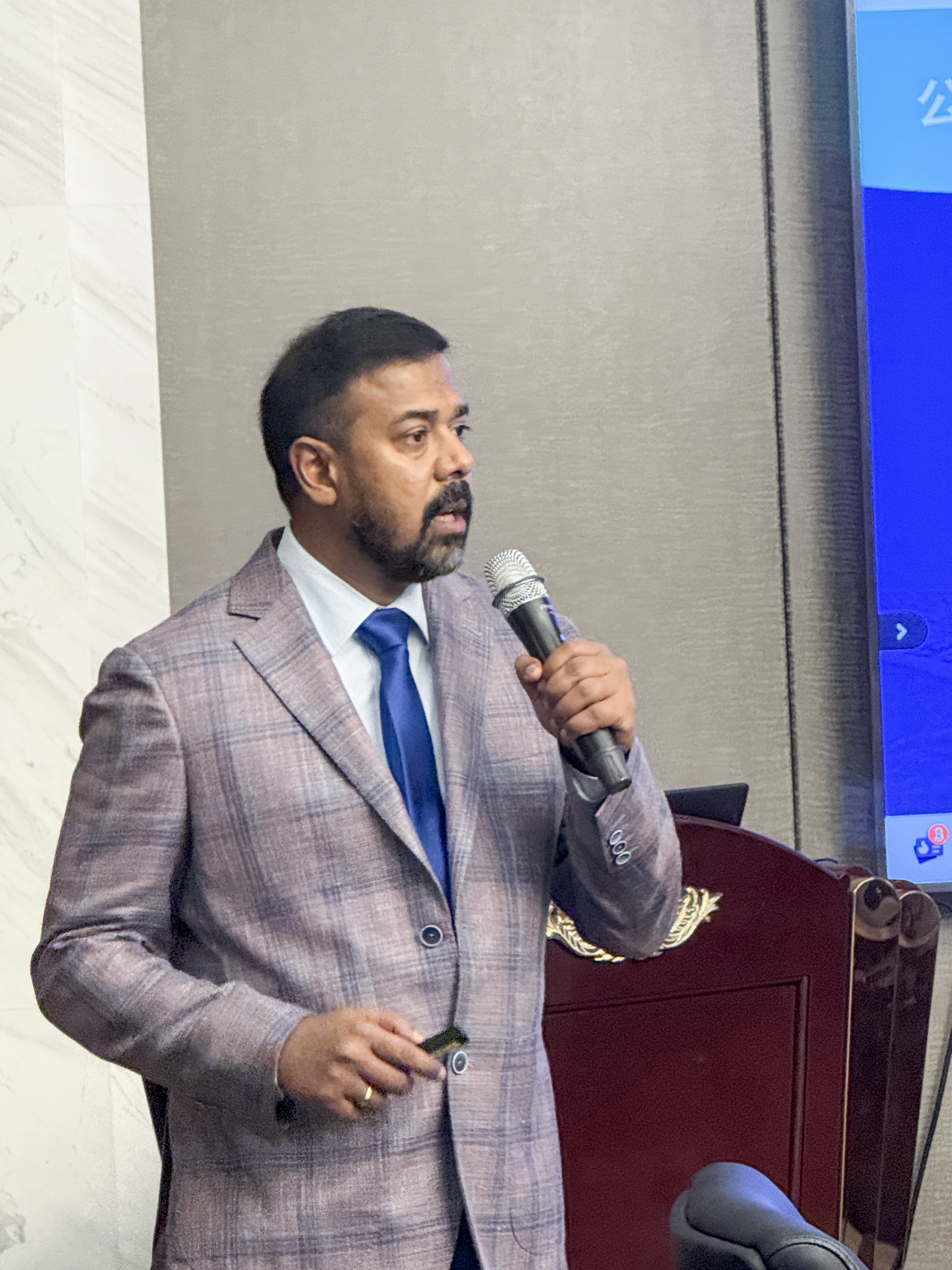
Mr. Sun Chaoyang, Marketing Manager of Zhonghuan Pharmaceuticals, further elaborated on the company's mission: "We are dedicated to introducing world-class medicines to serve Healthy China, actively embracing the national volume-based procurement policy to benefit more Chinese patients with high-quality yet affordable original imported drugs."
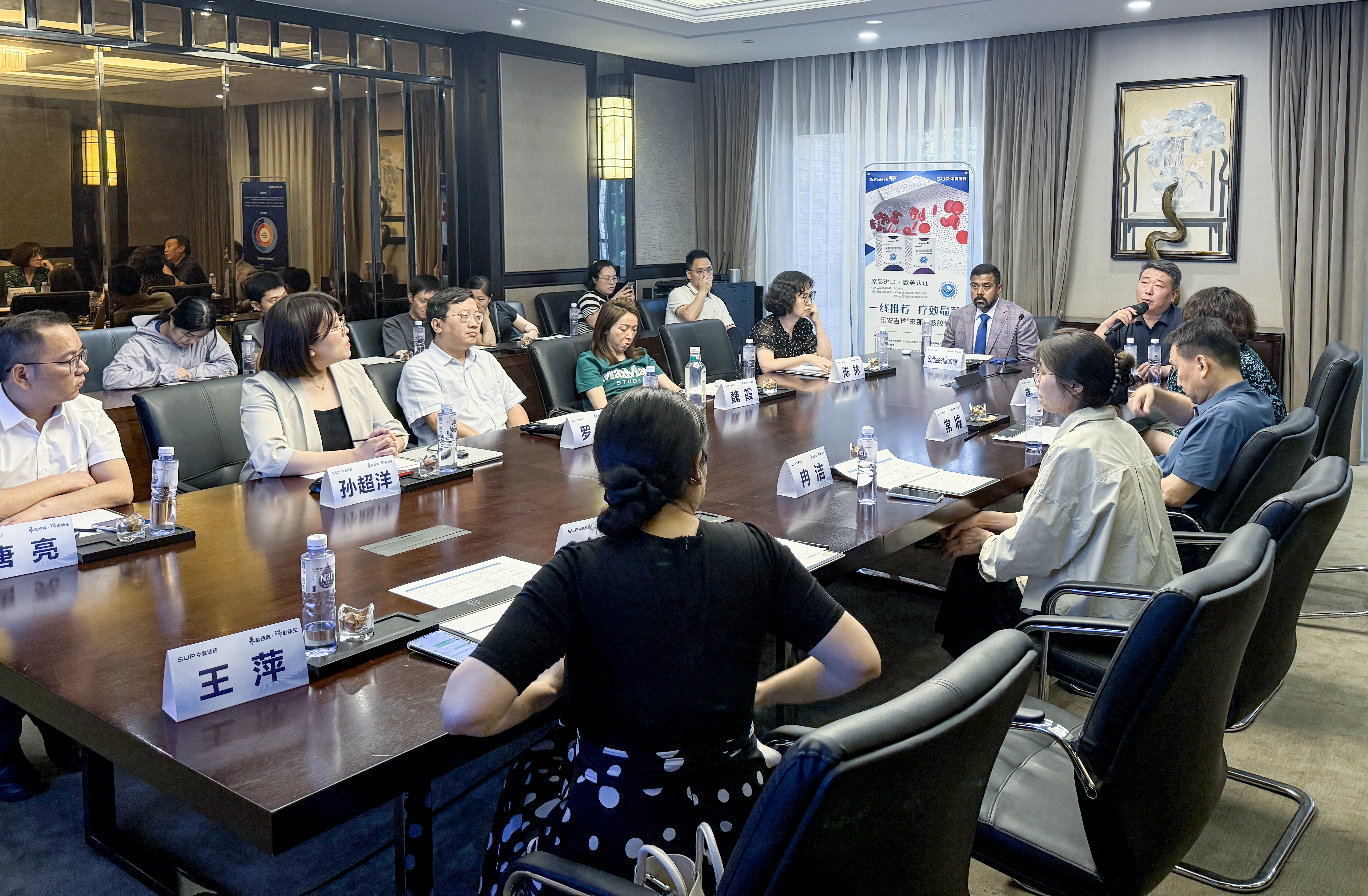
Academic Feast: Two Decades of Continuous Innovation - Lenalidomide Capsules Decipher the Code of Hematologic Oncology Treatment
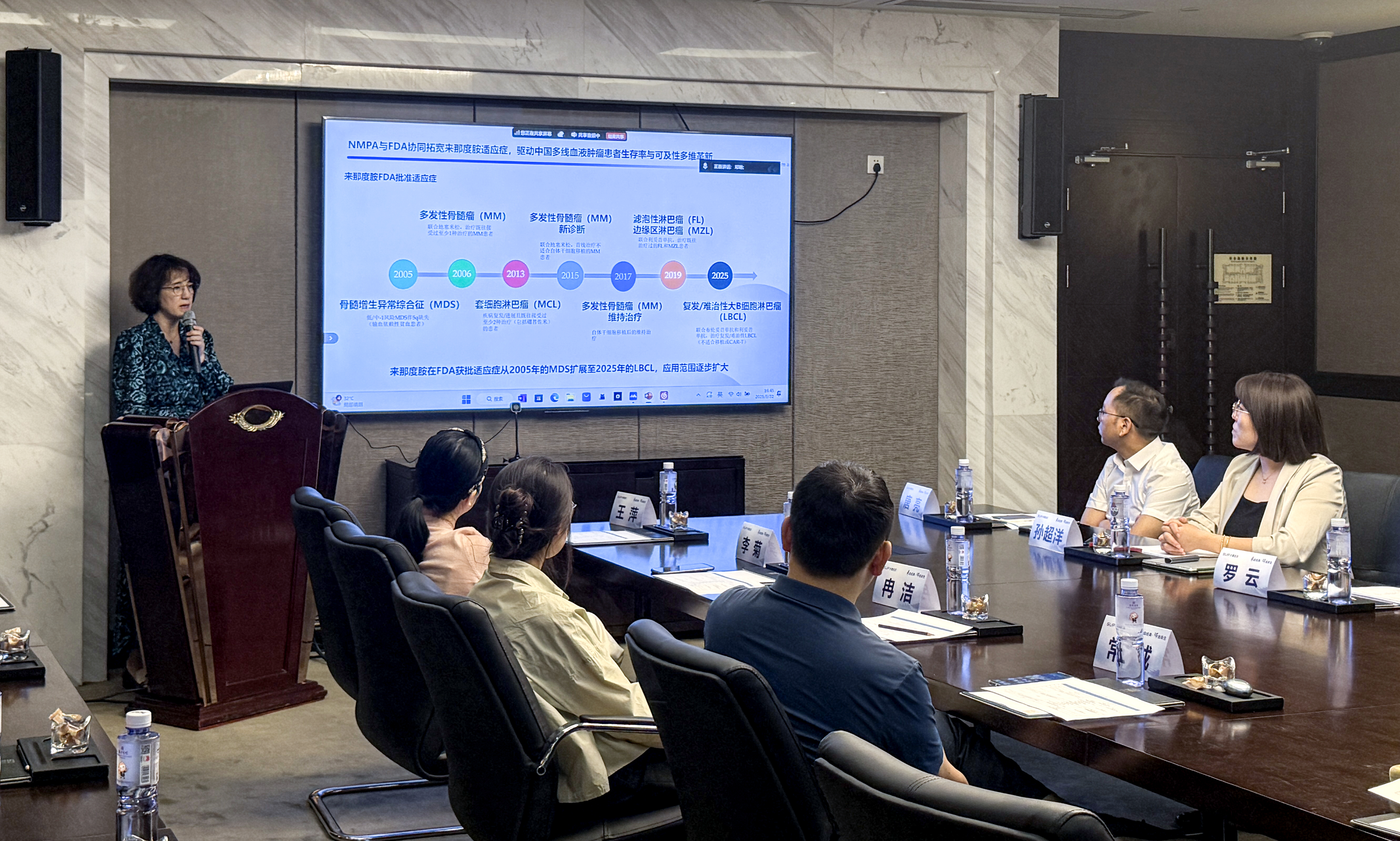
Professor Nan Yingyu from Chongqing University Cancer Hospital delivered a comprehensive presentation titled "Reviewing the Past to Understand the New: Guideline Recommendations and Cutting-edge Advances of Lenalidomide".
Professor Nan emphasized that lenalidomide, as a "cornerstone drug" for multiple myeloma and lymphoma treatment, has secured strong recommendation status in both the 2025 NCCN Guidelines and CSCO Guidelines. It serves as a golden partner in various regimens including Rd, RVd, and Dara-RVd protocols.
Recent years have witnessed lenalidomide's breakthrough in lymphoma indications such as follicular lymphoma, diffuse large B-cell lymphoma, and mantle cell lymphoma. With the emergence of new drugs like the recently approved CD19-targeted monoclonal antibody tafasitamab, the Tafa-len (tafasitamab-lenalidomide) regimen has been recommended for treating first relapse/progressive DLBCL patients, further elevating lenalidomide's clinical therapeutic value.
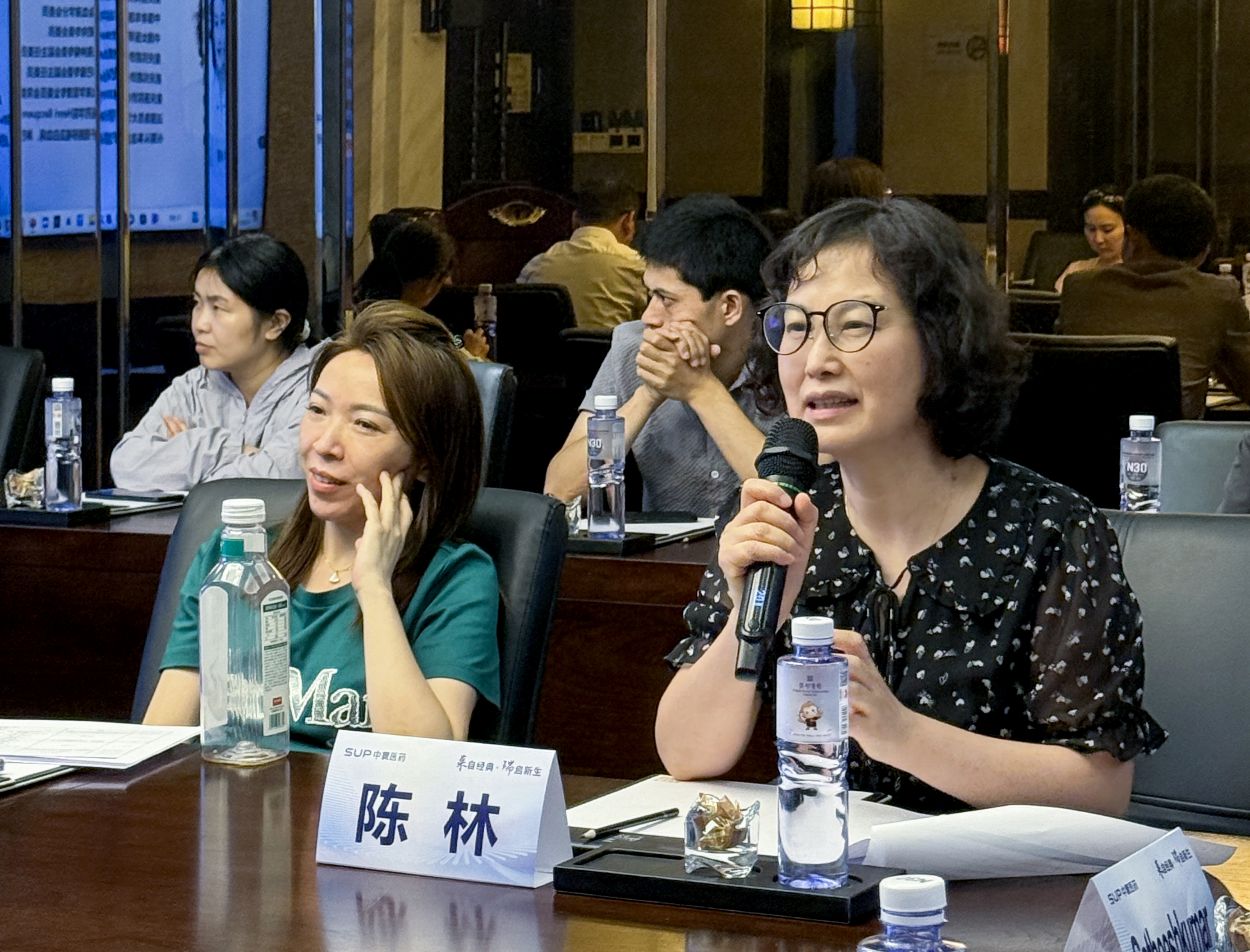
Professor Chen Lin from the Second Affiliated Hospital of Chongqing Medical University concluded in his keynote speech: As a milestone drug in hematologic oncology, lenalidomide capsules have been reshaping treatment paradigms over the past two decades since its approval.
From its initial indication for myeloma to breakthrough expansions into lymphoma and other diseases, its dual mechanism of "immune modulation + antitumor" action has secured comprehensive coverage in both domestic and international guidelines.
Today, the drug not only maintains its cornerstone status in myeloma treatment but has also transcended label restrictions in lymphoma therapy. It has earned strong endorsement from Chinese expert consensus, becoming a preferred option for both first-line and second-line regimens in aggressive/indolent lymphomas.
Clinical Breakthrough: Comprehensive Management of High-Risk Myeloma - Reaffirming the Gold Standard of Treatment
Dr. Ran Jie from Chongqing People's Hospital presented a case of high-risk multiple myeloma:
The patient failed to achieve PR after one cycle of VCd regimen, but achieved complete remission after switching to VRd induction therapy (bortezomib + lenalidomide + dexamethasone) for three cycles. Following autologous stem cell transplantation and maintenance therapy with ID regimen, the patient showed signs of CR recurrence after about ten months, prompting adjustment to a two-drug maintenance therapy with lenalidomide + ixazomib.
Dr. Ran emphasized that clinical exploration has demonstrated RVd regimen combined with ASCT can significantly improve both overall survival (OS) and progression-free survival (PFS) in newly diagnosed MM patients, particularly for high-risk cases, delivering deeper responses and longer survival duration.
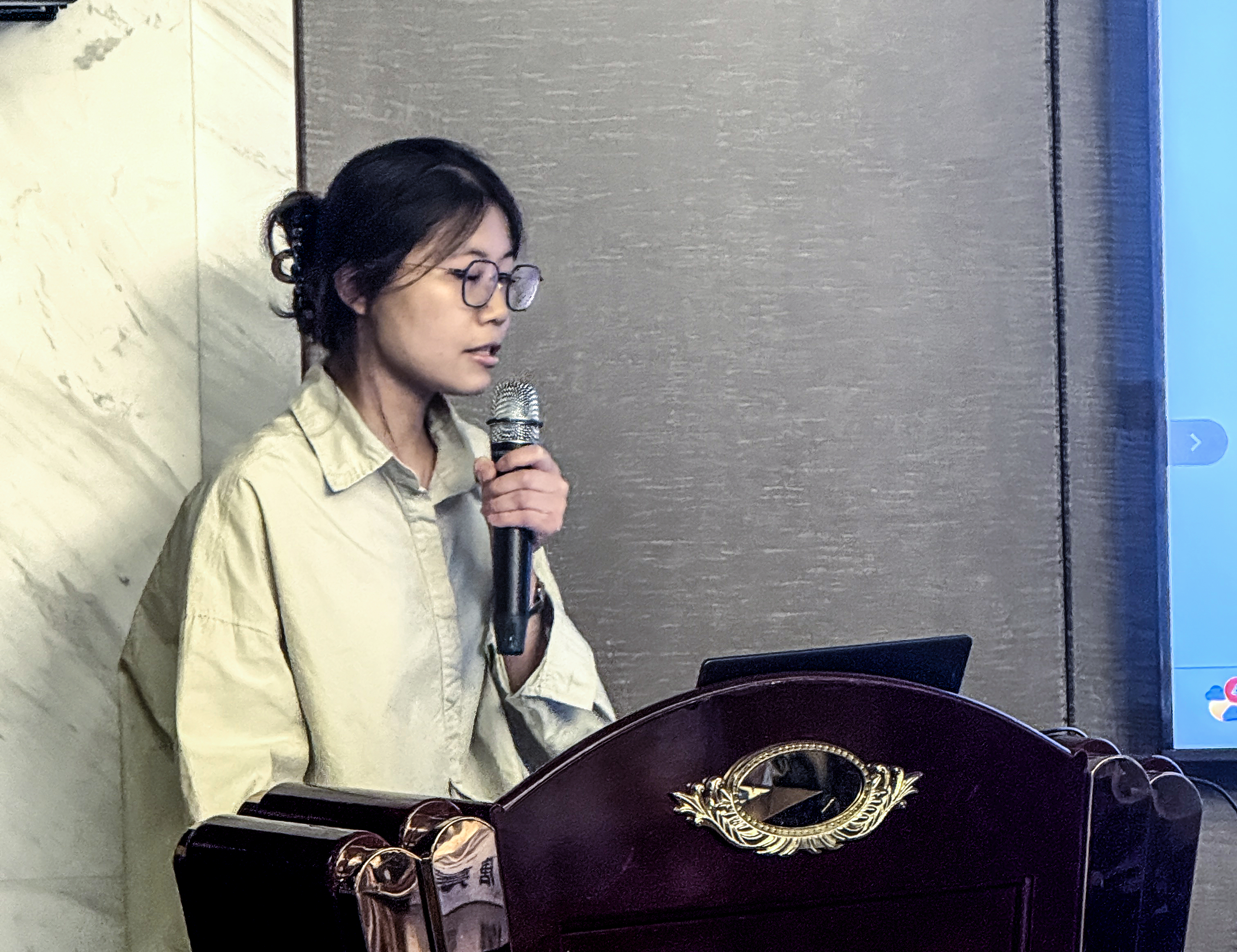
Professor Chang Cheng from the Fifth People's Hospital of Chongqing further summarized the case, using Dr. Ran Jie's shared case as a reference to highlight the persistent challenges in managing multiple myeloma - a continuous balancing act between treatment efficacy and tolerability, as well as between achieving remission and facing relapse, which requires long-term collaboration between doctors and patients despite the incurable nature of the disease.
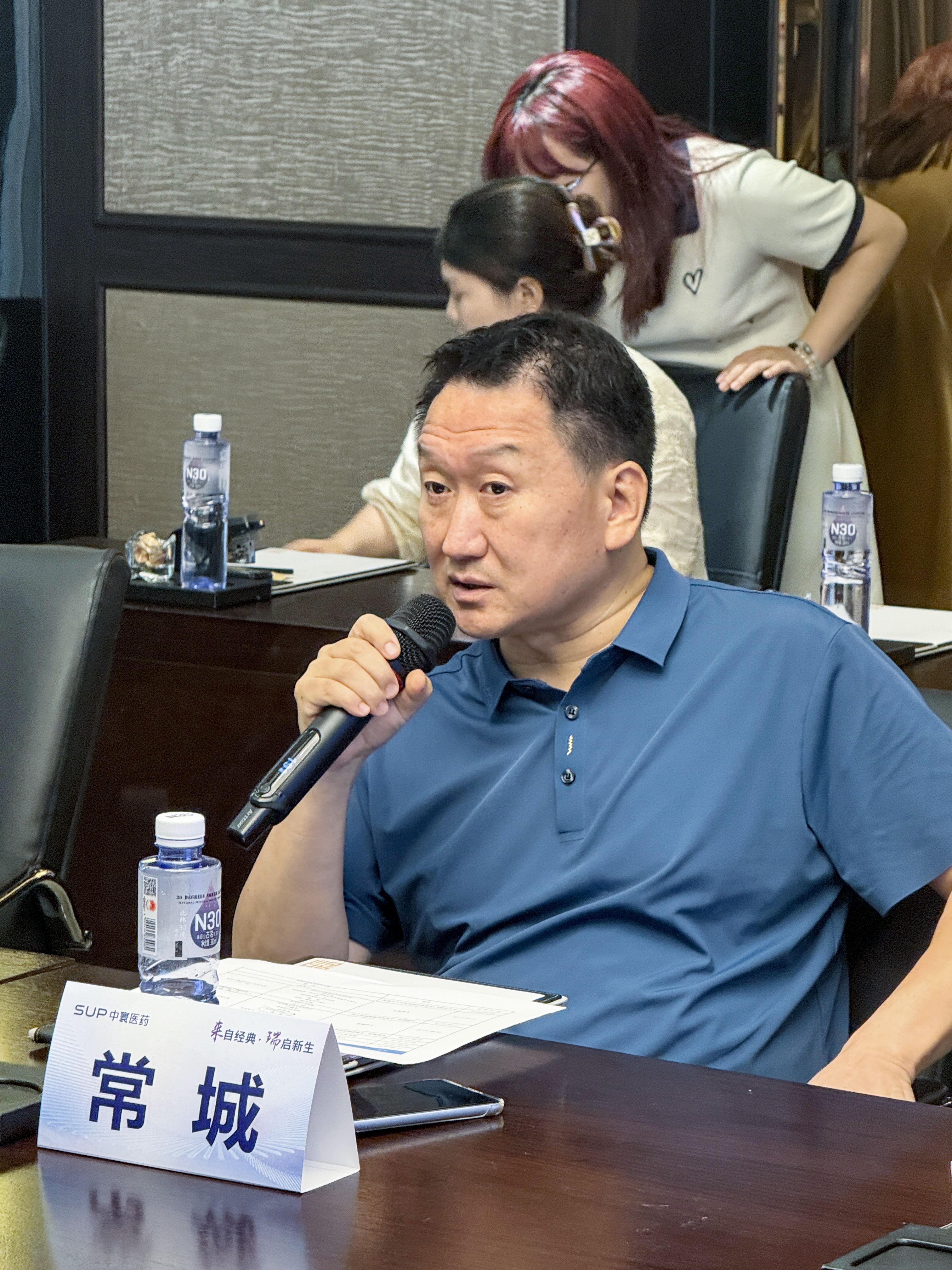
Repositioning Classic Drugs and Reconstructing the New Therapeutic Paradigm
The conference was successfully held in a hybrid online-offline format, co-chaired by Professor Wei Xia from the Department of Hematology at the Third Affiliated Hospital of Chongqing Medical University and Professor Luo Yun from the Second Affiliated Hospital of Chongqing Medical University. Hematology experts engaged in comprehensive discussions focusing on:
-
The clinical value of lenalidomide in different lymphoma subtypes and variations in treatment regimens
-
Optimal selection of lenalidomide-based combination therapies (including Rd and VRd) for relapsed/refractory multiple myeloma (RRMM)
-
Personalized treatment approaches based on individual patient characteristics
-
Innovative combinations of lenalidomide with novel therapeutic agents
The conference featured dynamic exchanges on regional lymphoma management strategies, with particular emphasis on diffuse large B-cell lymphoma (DLBCL), the most common non-Hodgkin lymphoma subtype:
• R2-CHOP regimen demonstrated significant benefits in prolonging progression-free survival (PFS) and improving overall survival (OS)
• The R-CHOP+Len+BTKi combination showed excellent efficacy and tolerability in high-risk patient populations
• For relapsed/refractory DLBCL, regimens such as IR2, Len+RICE, and R2-ESHAP achieved comparable efficacy to intensive chemotherapy with superior safety profiles
This cross-regional academic dialogue (spanning Southwest to Central China) reflects the ongoing evolution of lymphoma treatment in China - transitioning from standardized guideline-based approaches to precision stratified management, where each clinical decision carefully balances scientific evidence, physician expertise, and patient-centered considerations.
Regarding multiple myeloma management, experts shared valuable insights:
• Low-dose maintenance therapy post-transplantation significantly improves treatment compliance and reduces relapse risk
• Lenalidomide combined with anti-CD38 monoclonal antibodies provides effective long-term disease control even for patients who relapse after transplantation
• The DRd regimen demonstrates particular advantages in high-risk patients with cardiac or renal comorbidities
This interprovincial academic exchange highlighted that multiple myeloma treatment has entered an era of stratified dynamic management, where every therapeutic decision must precisely calculate efficacy, safety, and economic feasibility.
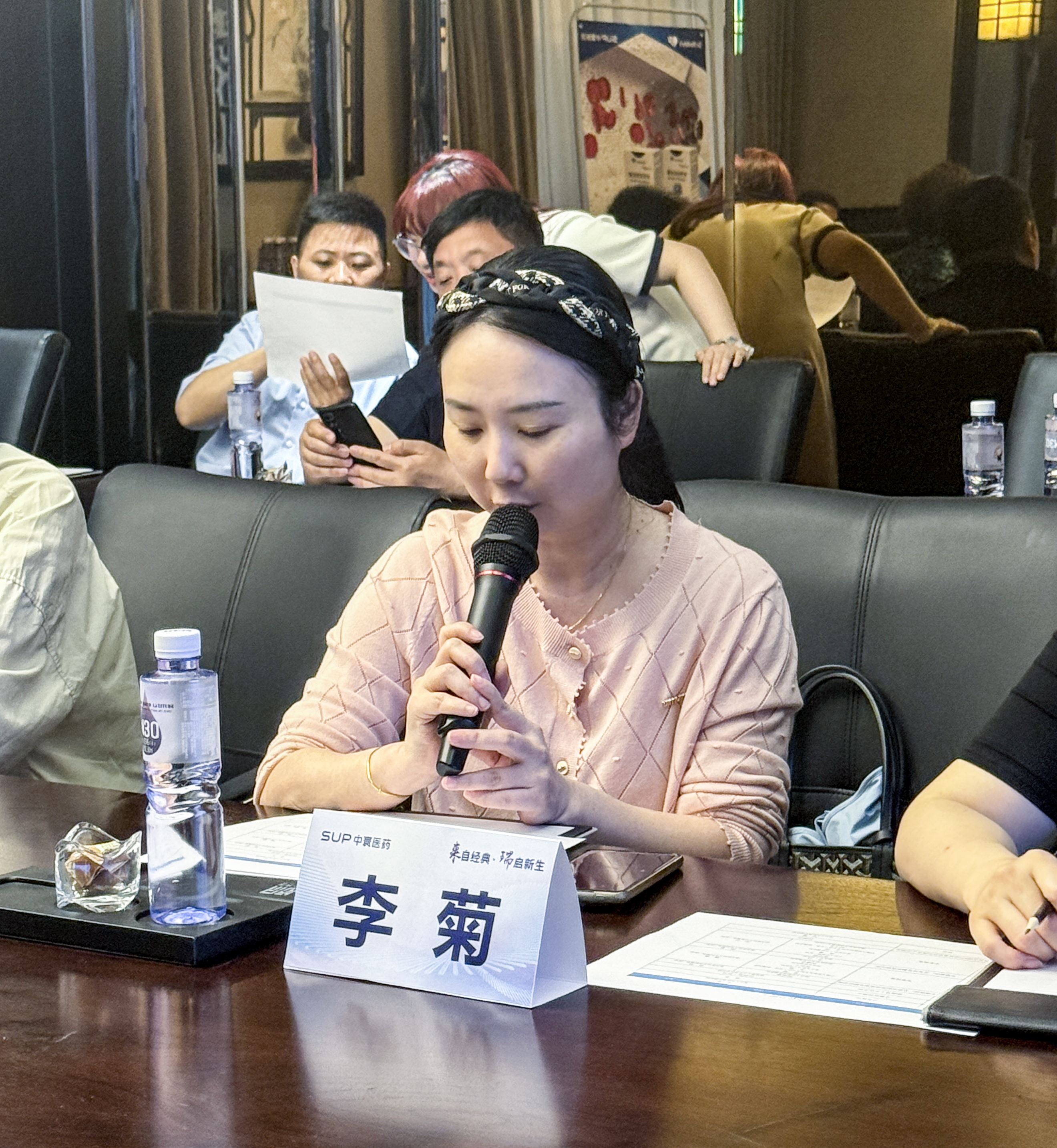
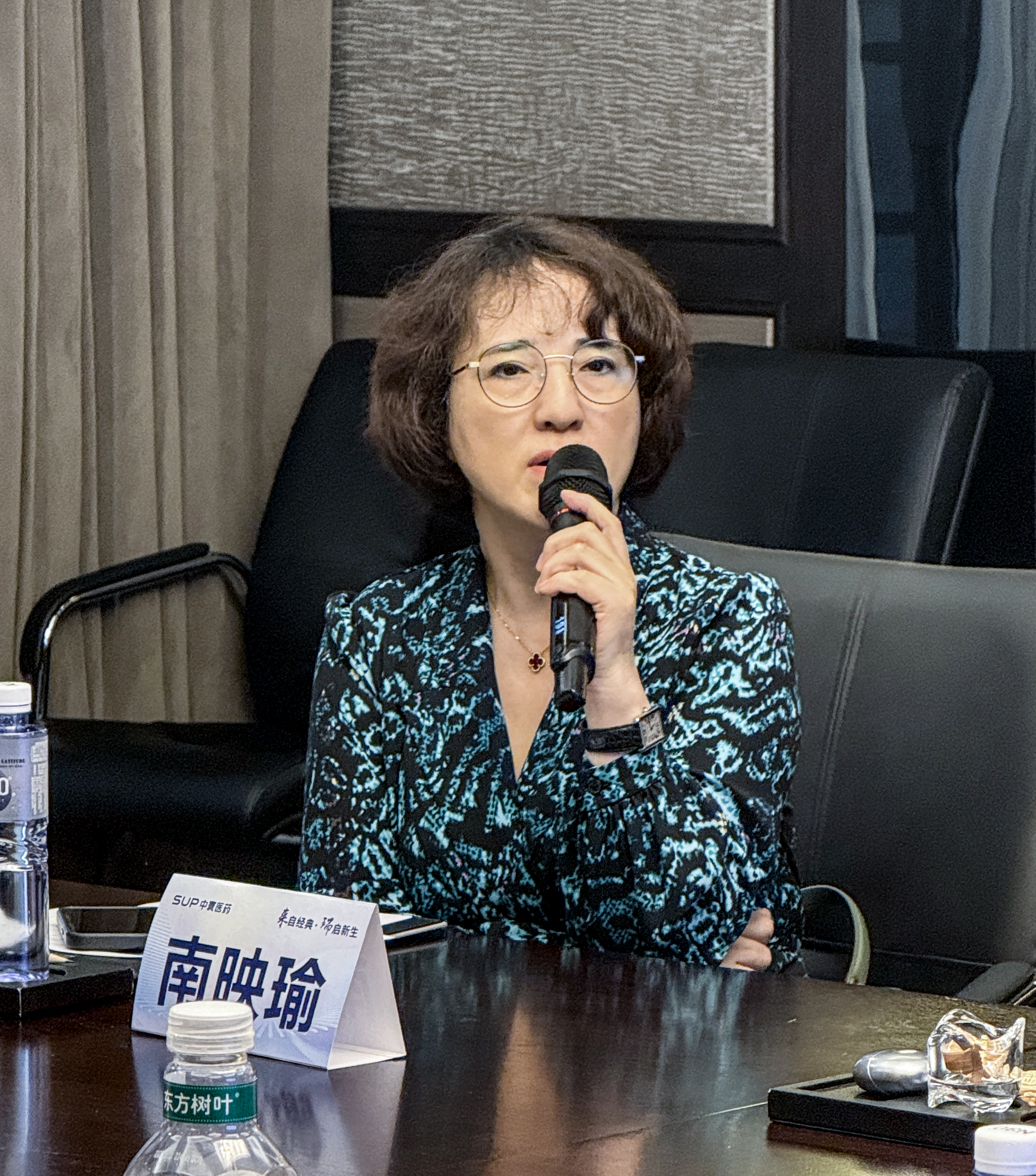
Building on Classics, Innovating for Tomorrow - Always Advancing with Patients First
As the conference drew to a close, Professor Liu Yao summarized the key discussions, noting that the event had revitalized the role of lenalidomide in hematologic oncology through innovative applications of this classic therapy. He emphasized that future improvements in cure rates and quality of life for patients will require continuous clinical exploration.
The collaboration between Zhonghuan Pharmaceuticals and Dr. Reddy's has not only benefited Chinese patients but has also contributed a "China Solution" to global healthcare equity - one that is patient-centered, built on international cooperation, and grounded in quality. Their work demonstrates that standardized generic drugs represent a core pathway to universal healthcare access.
The enduring value of classic medications lies in constant innovation, while a company's true worth is measured by its patient-first philosophy. Zhonghuan Pharmaceuticals remains dedicated to advancing healthcare through innovation-driven development, committed to fostering more international exchanges and deeper collaborations to bring better outcomes for patients worldwide!

